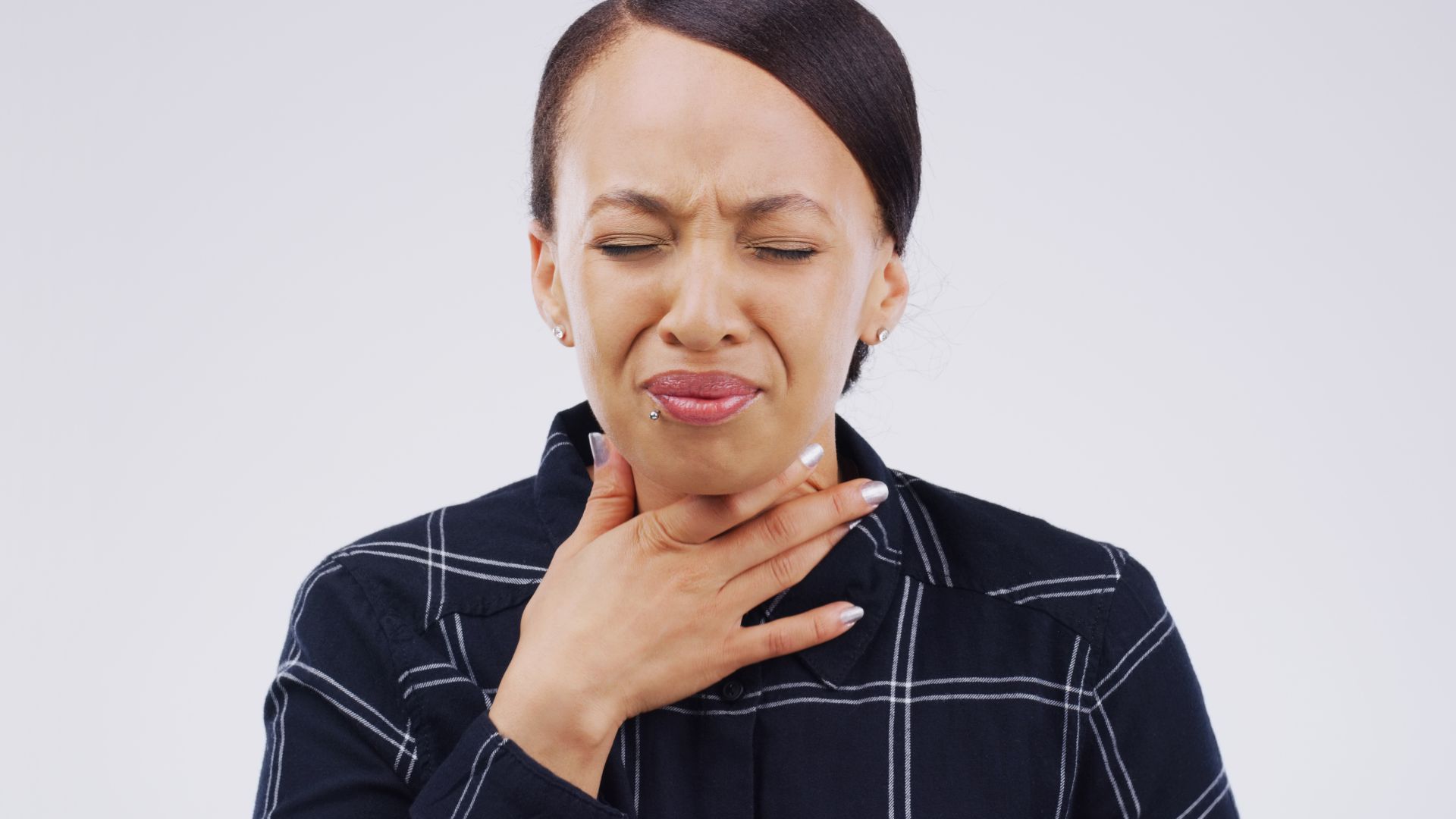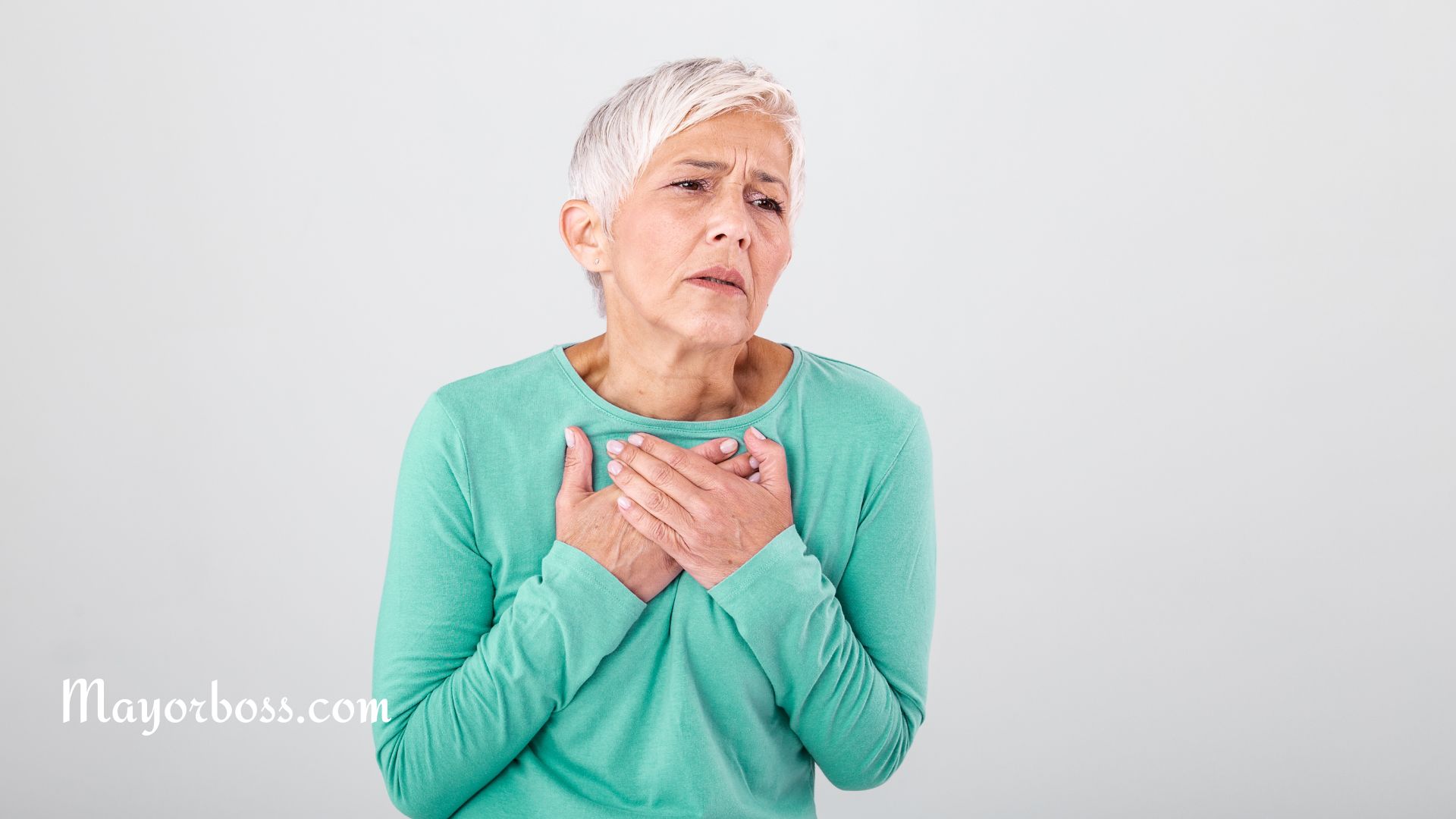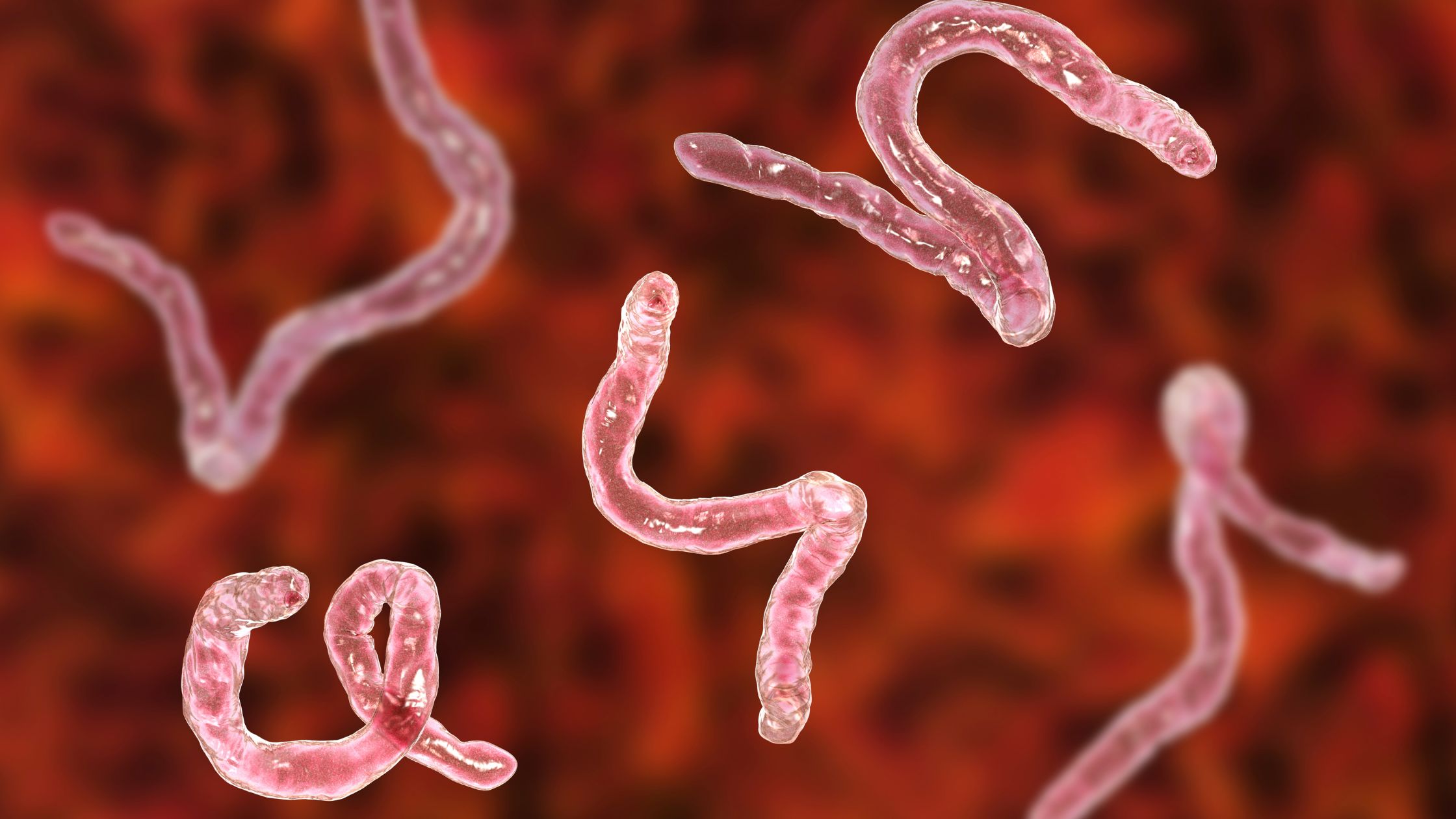Symptoms Of GERD
You might have heard of GERD or gastroesophageal reflux disease, but what does it really mean? GERD is when stomach acid keeps sneaking back up into the esophagus, the tube that connects your mouth to your stomach. It’s way more than just the occasional heartburn after a heavy meal. If you’ve been feeling off, some of these symptoms might sound familiar—and it’s good to know what’s going on so you can handle it better.

Persistent Heartburn That Just Won’t Quit
Heartburn is super common, but with GERD, it’s not the kind you get after eating too much pizza or drinking soda. This kind of heartburn is a regular visitor, showing up multiple times a week. It feels like a fiery burn in your chest, right behind your breastbone. And yeah, it can last for hours, especially after eating or when you’re lying down. If you find yourself constantly reaching for Tums or other antacids, this could be why.
GERD Can Totally Disrupt Your Sleep
Trying to sleep with GERD can be a nightmare. The heartburn, regurgitation, and chest pain can keep you up at night. A lot of people notice that their symptoms get worse when they lie down, which makes sense since lying flat lets the acid flow more easily into your esophagus. Sleeping with your head raised or on your left side can help, but if GERD is ruining your sleep a lot, you should definitely talk to a doctor.
You Might Get That Gross Taste in Your Mouth
Ever had that nasty taste in your mouth after burping? Imagine that, but way worse and more often. With GERD, you might feel like food or stomach acid is coming back up into your throat. It’s called regurgitation, and it’s not fun. It’s not the same as throwing up—more like an annoying backwash that leaves you with a bitter or sour taste. Plus, this can give you bad breath, which no one wants.
Swallowing Food Might Get Tougher
If eating feels like more of a chore lately, like food is getting stuck in your throat, that could be a symptom of GERD. This difficulty swallowing, known as dysphagia, happens because the acid irritates your esophagus (the tube connecting your mouth to your stomach). It can narrow the esophagus, which is why food might feel stuck or slow down. Sometimes, you might even feel like there’s a lump in your throat, even when you’re not eating.
That Annoying Cough or Sore Throat Could Be GERD
You’ve got this nagging cough that just won’t go away, or maybe your throat feels sore all the time. Guess what? That could be GERD, too. When the acid sneaks up into your esophagus, it can irritate your throat, leading to a dry, annoying cough or a sore throat that doesn’t seem to heal. This usually gets worse at night or after meals, and it doesn’t respond to regular cough meds.
Chest Pain That’s Not Just Anxiety or Heart Issues
Chest pain is freaky because it makes you think of serious stuff like heart attacks. But with GERD, chest pain can be a thing too. This pain feels like burning or pressure in your chest and can last for a while—anywhere from minutes to hours. It’s tricky because it can feel similar to heart-related chest pain, so if you’re unsure, it’s always smart to talk to a doctor.
Hoarseness and Weird Voice Changes
If your voice starts sounding different—maybe hoarser or raspier—GERD could be the reason. When the acid refluxes into your esophagus, it can reach your voice box (larynx), causing inflammation. This can make your voice sound rough, or in severe cases, you might even lose your voice. It’s something that happens a lot if you use your voice a ton, like if you’re in a choir or do a lot of public speaking.
That Weird Feeling Like There’s a Lump in Your Throat
GERD can also give you a weird sensation like there’s a lump in your throat. It’s called a Globus sensation, and while it’s not painful, it’s definitely annoying. It’s that constant feeling that something’s stuck in your throat, making you want to clear it all the time. This is because the acid is irritating your esophagus and throat.
Feeling Nauseous or Throwing Up
Nausea and vomiting aren’t just for stomach bugs—they can be symptoms of GERD, too. Acid reflux can irritate your stomach lining, making you feel sick to your stomach or even causing you to throw up. This is more common when GERD is severe or not treated. If you’re feeling nauseous a lot, especially after eating, it might be time to see what’s up.
Breathing Problems Like Asthma or Shortness of Breath
GERD isn’t just a digestive issue; it can affect your breathing too. If you’ve got asthma, GERD can make it worse. The acid can travel up and irritate your airways, causing symptoms like wheezing, shortness of breath, and tightness in your chest. Some people even develop asthma because of GERD, or their existing asthma becomes harder to manage.
What Should You Do If You Think You Have GERD?
If you’re nodding along to any of these symptoms, it’s probably time to do something about it. Occasional heartburn or indigestion is normal, but when it’s happening all the time, that’s when GERD might be the issue. Ignoring it isn’t a great idea because it can lead to bigger health problems down the line, like damage to your esophagus or even an increased risk of esophageal cancer.
Talk to a Doctor, Seriously
If you think you might have GERD, the first action is to talk to a doctor. They can help figure out if that’s really what’s going on and suggest ways to treat it. Usually, they’ll start with some lifestyle changes—like losing weight if you need to, avoiding certain foods that trigger your symptoms, and quitting smoking if that’s something you do. They might also prescribe medications to help control the acid.
Beyond seeing a doctor, there are things you can do on your own to help manage GERD. Eating smaller meals, staying away from foods and drinks that cause symptoms (like spicy stuff, alcohol, and caffeine), and not lying down right after eating can all help. Keeping your weight in check and avoiding tight clothes that squeeze your stomach can also make things better.
Don’t Wait Until It Gets Worse
The sooner you start dealing with GERD, the better. If you’re catching it early, you can avoid some of the more serious complications. So if you’re seeing these symptoms pop up, don’t just wait it out—take action. With the right treatment and changes to your routine, you can get a handle on GERD and keep it from taking over your life.






